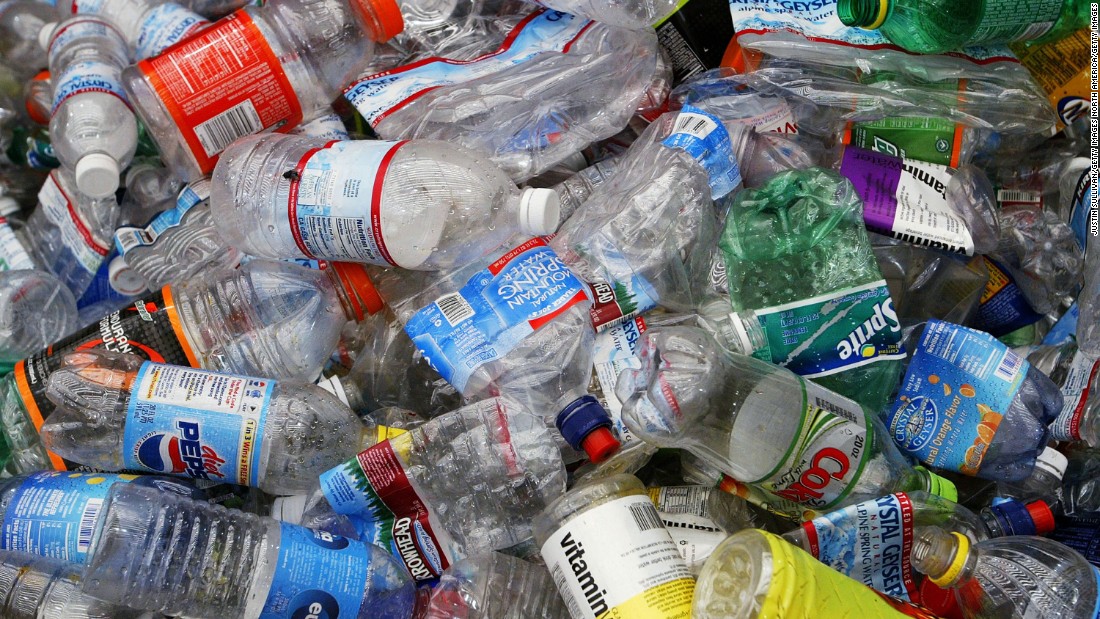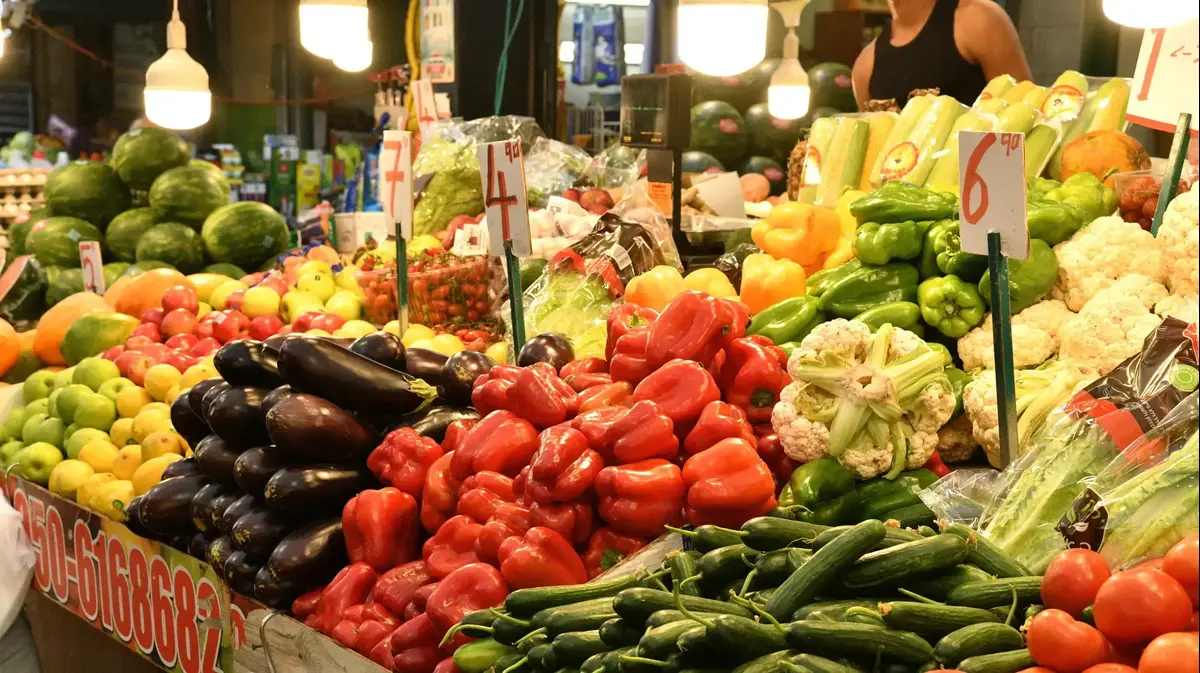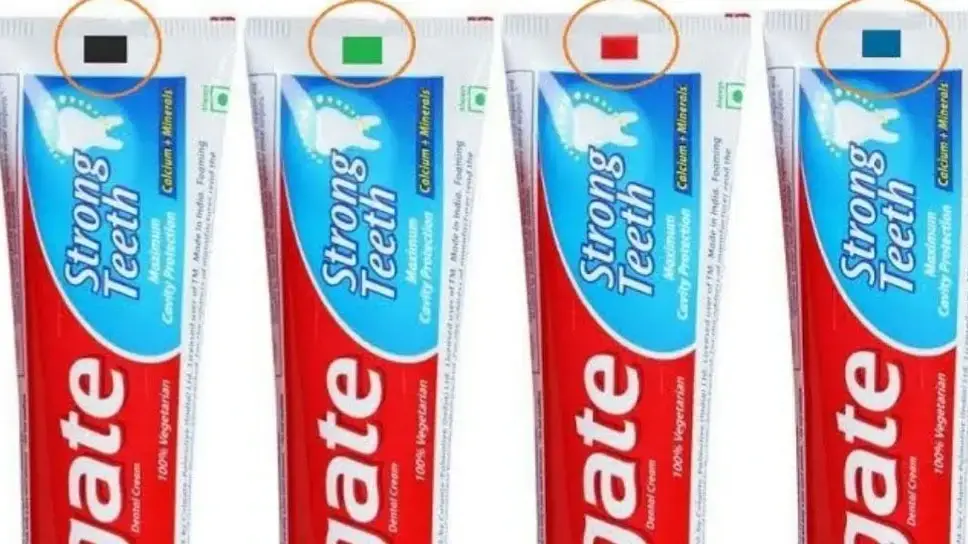Microplastic contamination doesn't stop 1:12
Editor's Note:
Jeff Merkley, Democratic Senator from Oregon, and Alan Lowenthal, Democratic House Representative for California's 47th District, are the primary sponsors of the Break Free From Plastic Pollution Act of 2021. The opinions expressed in this comment are own of the authors.
See more opinion pieces on CNNE.
(CNN) -
Our planet is facing a crisis of catastrophic proportions, with the potential to affect the lives of generations to come.
It is not about the covid-19 pandemic, against which the United States is making great progress in its management.
Nor is it the climate crisis, although it is related.
We talk about the crisis of plastic pollution.
Many people think of this type of pollution as simply garbage, but the reality is that plastic is a continuing contributor to climate change.
More than 99% of plastic is made from fossil fuels and plastic production is estimated to double in the next three decades, according to the Center for International Environmental Law.
Furthermore, one report predicts that plastic pollution in the sea is likely to triple over the next decade, putting our plastic consumption on an unsustainable collision course with our future on this planet.
What is driving this crisis is the fact that many plastics are made to be used once and then disposed of, creating pollution, overburdening our communities and ecosystems, and overwhelming systems designed to handle waste.
Virtual Climate Summit: Biden Announces US Aims To Cut Carbon Emissions By Up To 52% By 2030
That's why we introduced the Break Free From Plastic Pollution Act, a comprehensive national strategy to reform the entire life cycle of plastics so that we produce less new plastic, recycle more, and ultimately break the cycle of plastic pollution. .
We have long held the mantra of the "three Rs": reduce, reuse and recycle.
And with all those blue containers around, it can seem like every plastic bottle or packaging we throw away is being recycled into something new.
But that is far from the truth.
In the 1970s since we began mass production of plastic, more than 8 billion metric tons have been manufactured and more than 6 billion metric tons of plastic waste produced, according to a 2017 article in Science Advances magazine.
According to 2018 data from the Environmental Protection Agency, only 9% of the plastic we throw away in those blue containers is actually recycled.
When it comes to plastics, instead of the "three Rs", the reality is closer to material burned, buried and taken to the sea.
The vast majority of our plastic ends up in our landfills and natural environments or is incinerated to become carbon pollution in our air.
In the United States alone, more than 32 million tons of plastic is buried in landfills or burned in an incinerator each year, according to 2018 EPA data. This process fuels climate chaos and releases toxic pollution that harms the surrounding communities, which are disproportionately black, brown, and low-income. We cannot address the issue of climate change or environmental justice without breaking our addiction to plastic.
Plastic pollution is more than the ugliness of the single-use plastics that hit our beaches: it is a human health crisis. Plastics poison our bodies, from the air we breathe to the water we drink to the food we grow and eat. On average, each of us consume a credit card-sized amount of microplastics every week, every week! loading toxic chemicals like carcinogens and endocrine disruptors that are believed to be changing the reproductive biology of humans.
Plastic pollution is also a social justice crisis: Like many of the challenges we face today, it is the most vulnerable and least prosperous communities that pay, and will continue to pay, the highest price for our negligence.
But ultimately, no matter how much money we have or what color our skin is, no one wants their children to ingest dangerous chemicals through microplastics.
Therefore, we must act now, boldly and decisively, to face this crisis.
Look at the terrible pollution of this lake in Bolivia 3:50
The Break Free From Plastic Pollution Act would transform America's approach to plastics and put us on the transformative path we need to fully address this challenge. It requires large corporations to take responsibility for the pollution their plastic creates by shifting the burden of cleaning onto producers rather than consumers, through the design and funding of waste and recycling programs.
It bans certain non-recyclable single-use plastic products and creates a national beverage packaging program (better known as a "bottle bill") to provide refunds when people turn in empty bottles. It includes a temporary suspension in the construction of new plastics and petrochemicals production facilities to ensure that improved protections are in place to safeguard frontline and fence line communities from the direct and cumulative impacts of contamination from these facilities.
Surely, a nation with the skills and creativity to invent a million uses for plastic also has the creativity to find a solution to this crisis and design better alternatives.
The Break Free From Plastic Pollution Act is how we're going to spark that ingenuity and kick our addiction to plastics.
With President Joe Biden in the White House and pro-environmental and racial justice leaders in both houses of Congress, we have a single window for action.
We have the opportunity and the responsibility to act now to meet this challenge head-on before it is too late.
Our bill introduces the kinds of practical and proven solutions to plastic pollution already in use in states, cities, and communities across our nation.
With it, we can finally break free and create a clean, plastic pollution-free, climate-safe and environmentally fair world that we can proudly pass on to future generations.
Plastic














